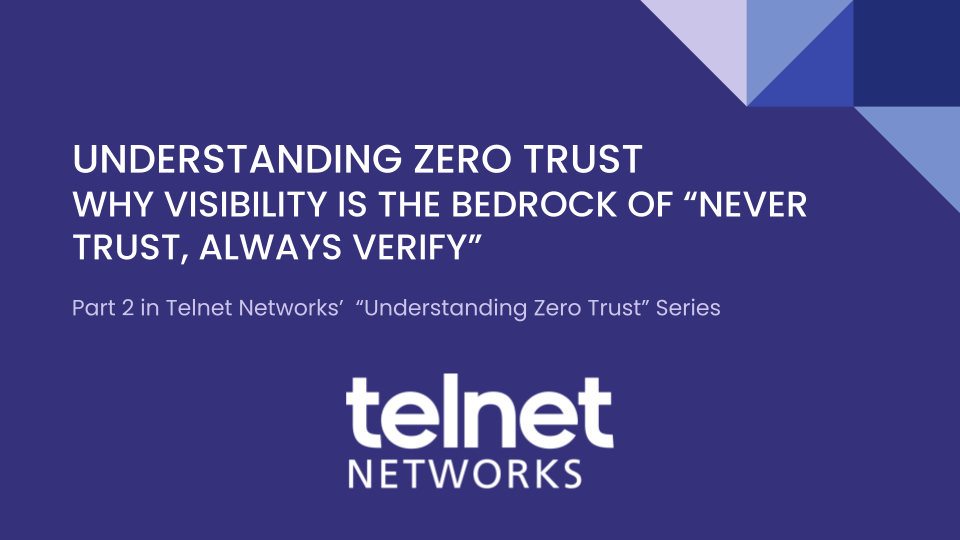In hybrid networks, the combination of on-premises infrastructure with public cloud services creates dynamic environments where network conditions can fluctuate. This variability can directly impact application performance and overall network reliability. Network simulators and emulators allow IT teams to emulate these conditions before deployment, creating scenarios that mimic real-world issues such as latency, bandwidth constraints, packet loss, or jitter. By proactively identifying how applications perform under different conditions, organizations can optimize their systems to ensure seamless performance across both cloud and on-premises networks.
Even in pure public cloud, SaaS environments or multi-cloud deployments network variability across providers and services as data is exchanged between them means that maintaining consistent performance across different platforms becomes critical.
Advanced simulation capabilities enable businesses that rely on cross-cloud data exchange or hybrid setups across a number of areas, including:
- Predicting Network Performance: Network emulators simulate real-world network conditions, such as latency, packet loss, jitter, and bandwidth constraints, allowing IT teams to test how their applications and services will perform under different network conditions. This ensures they can optimize performance and netnetworks.ca/technology-solutions/network-performance-testing.htmlreduce the risk of failure when the systems go live.
- Improving Troubleshooting and Debugging: By recreating specific network issues in a controlled environment, simulation tools help IT teams replicate and troubleshoot complex problems. This leads to faster problem resolution and fewer disruptions to business-critical operations.
- Enhancing Security Testing: Enterprise IT can also simulate various network scenarios to stress-test security protocols and identify vulnerabilities under different types of attacks or network conditions. This is particularly useful in preventing security breaches and ensuring compliance with industry standards.
- Cost-Efficiency: Simulating networks reduces the need for expensive physical testing environments. IT organizations can emulate different network topologies and conditions without purchasing additional hardware, saving costs while maintaining comprehensive testing capabilities.
- Optimizing Cloud and Hybrid Networks: As enterprises increasingly adopt cloud and hybrid networks, Modern simulation tools allow IT teams to emulate these environments and test their performance. This is particularly important for understanding how network changes, such as migrating to cloud services or implementing software-defined networks (SDNs), will affect overall performance.
Network simulation capabilities offer substantial advantages to enterprise IT organizations, particularly in the context of cloud and hybrid networks, where complexity and unpredictability are prevalent. This leads to better application performance, lower migration risks, and enhanced security—all without the high costs associated with real-world testing or the risk of business disruption.






